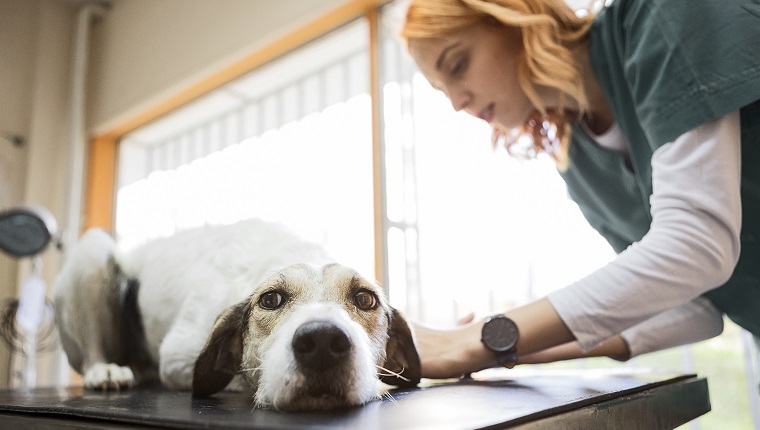Megacolon in dogs is a medical condition that comes about when extra waste is left in a dog’s colon. In turn, the condition can cause extremely severe constipation.
This can be either an acquired condition, meaning a dog develops it later in life, or a congenital condition, which is present from birth.
If you see signs that your dog is…









